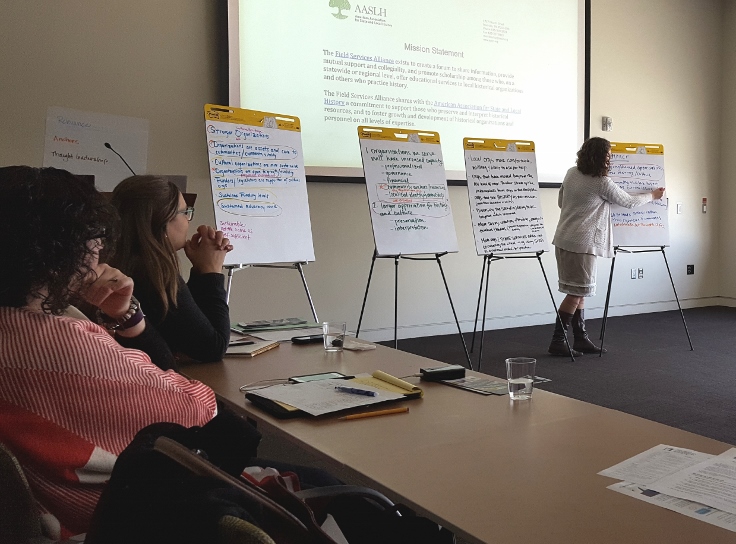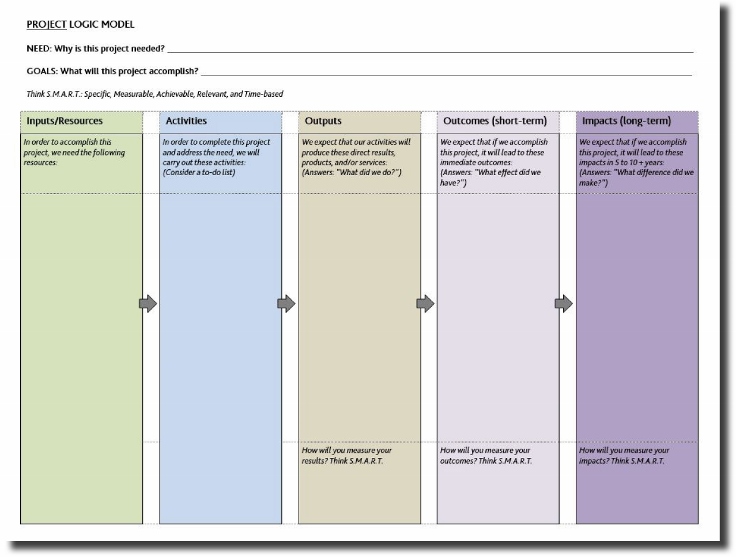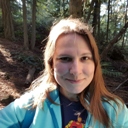
Purchase Tickets
Thinking Logically to Make a Difference
April 12, 2019

Museums and history organizations do amazing things. We put on creative, educational and impactful programs that engage audiences of all ages. We collect and preserve important objects, documents and photographs of our cities, towns and regions. We design exhibits and engage online to tell the stories of our communities. And we are always looking for more ways to expand and improve this important work.
But why and how do we do all this? Obviously, we have a passion for history and stories. But there is also a lot of careful consideration, planning and evaluation that often goes into each exhibit, program, collections accession and endeavor.
The true reason why a museum or history organization does the work that they do is to have an impact. It boils down to making a difference in the lives of our audiences and our world. We desire to share history so that visitors can feel the ties of community and humanity, see connections between past and present, think deeply about present issues and larger trends, and consider beneficial changes for the future.
One tool museums use for planning is a logic model, which is essentially a written layout of any given project that helps to define the steps that need to be taken to achieve intended results. A completed logic model plots out the resources needed, the activities to be done, the tangible results, the outcomes of the project and the long-term impact. These last parts, the outcomes and impact, are the most important pieces, and are often our starting point for writing a logic model.

A Logic Model Template
When a museum or history organization plans programs, exhibits, collections preservation and projects, we start by thinking about how we can have this impact. Then, we work backward through the logic model process to figure out the specific ways we can reach this by focusing on our mission, our resources and our audience and community needs.
So remember, when you visit a museum, attend a history program, view an exhibit or see a collection, it has likely been carefully planned out just for you, and any time you get a chance to offer feedback, please do! We love to collect data that can help us advocate for museums, create better programs, and think logically about how to continue to make a difference.









